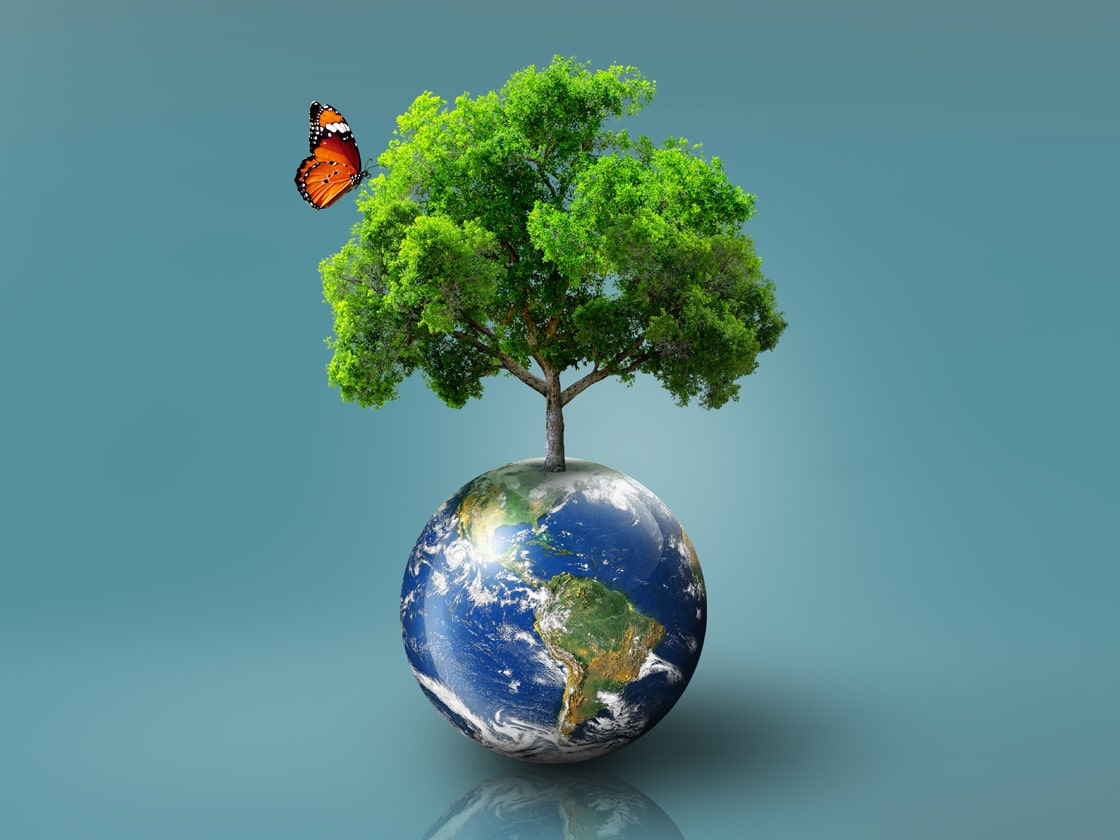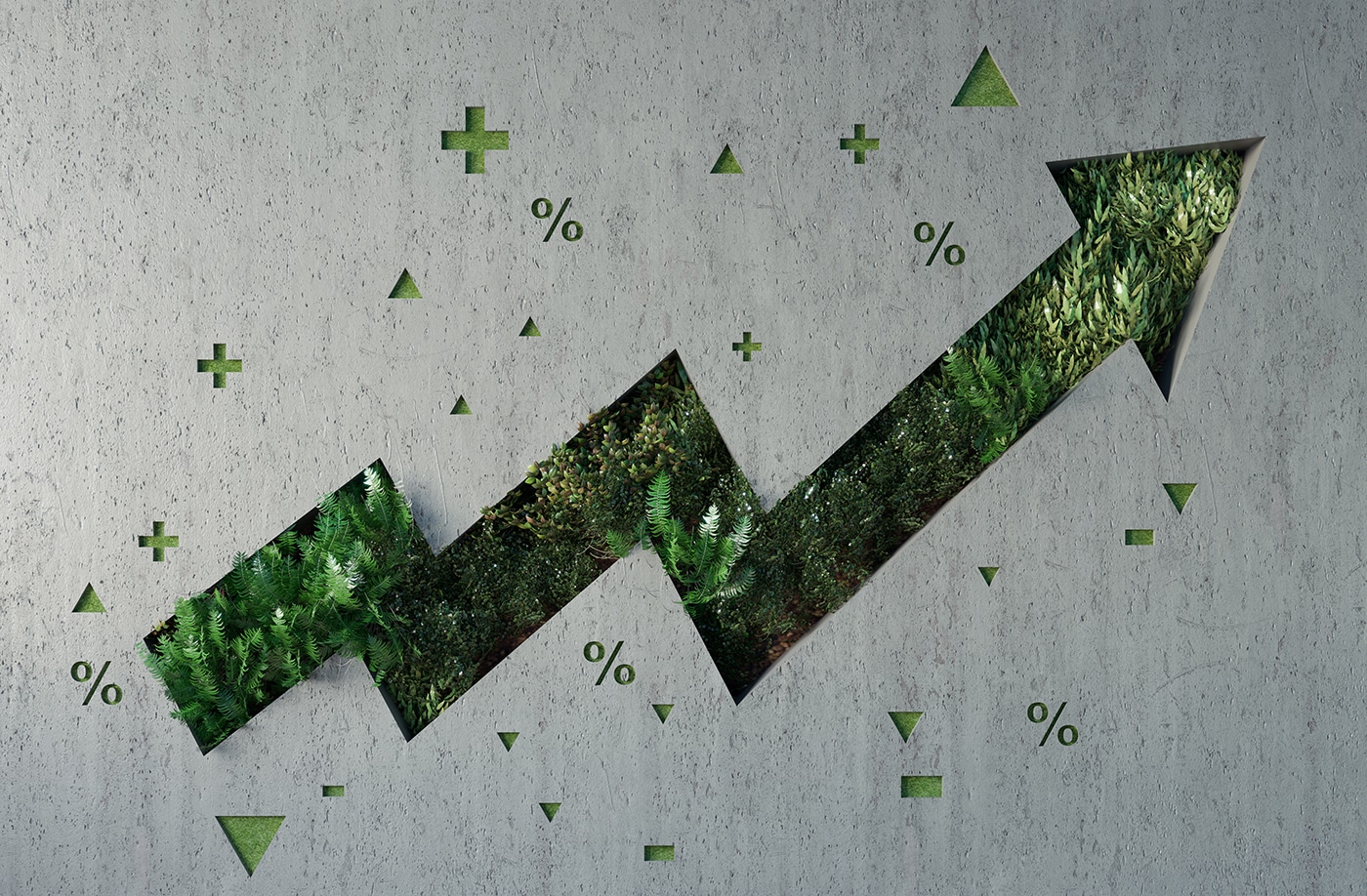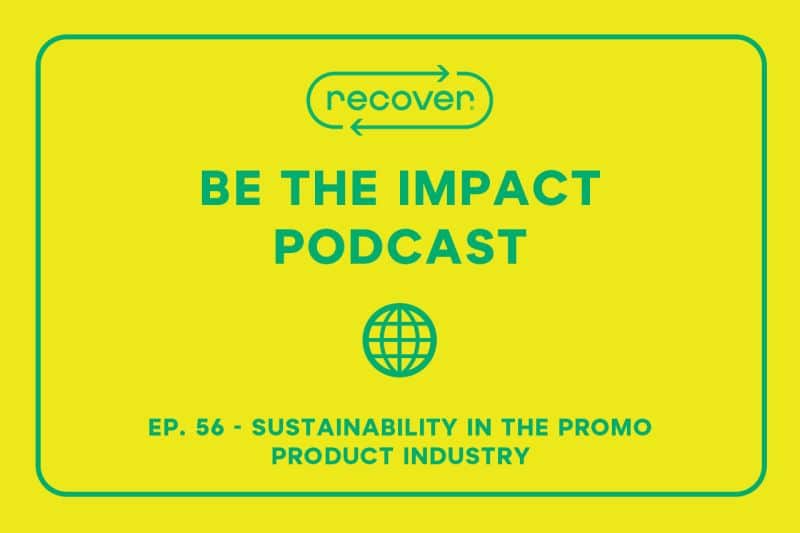Initiatives
Sustainability
Access sustainability best practices, guides, and information on standards, organizations and governing bodies.

What Is Sustainability In Promo?
Sustainability in the promotional products industry means making, sourcing, and distributing promotional items in ways that reduce negative environmental and social impacts while supporting long-term economic success.
This approach focuses on using resources wisely and fairly, aiming to balance the needs of the present without compromising the ability of future generations to meet their own needs. It involves five key areas that work together for a balanced and responsible industry. Together, these principles support a commitment to a responsible, ethical, and sustainable way of doing business that respects both people and the planet.
Responsibility is a journey that requires continuous improvement rather than a fixed end point and starts with smalls steps which lead to greater impact when everyone participates. Every effort contributes to a more sustainable future for businesses and the world we share. The 5 pillars of sustainability in promo are:
Environmental responsibility is the use of sustainable materials that create less waste and reduce carbon footprints. It also means choosing recycled or biodegradable materials, reducing energy and resource use, and adopting environmentally responsible production methods.

Sustainability Solutions
Increasingly, promo businesses' clients desire assurances that the products that our industry source are good for the planet. PPAI members offer solutions. With changing standards, practices and research, keeping up to date can represent a very real challenge. Fortunately, there are resources and service providers to help.
PPAI's Solutions Center features vetted and verified PPAI-member solutions providers and information that addresses the promo industry's critical sustainability needs.
Best Practices
The purpose of these best practices is to provide guidelines, protocols and procedures for documenting and implementing individual responsible sourcing processes and programs at organizations conducting business within the promotional products industry.
With the help of these tools, organizations are encouraged to develop policies and procedures within their own organizations that will allow them to self regulate and offer specific assurances to customers.
Glossaries And Guides
Responsibility is a complex subject. These glossaries and guides bring together common terminology and practices to support effective communication, collaboration and understanding on product safety and sustainability issues.
Glossary Of Product Safety Compliance Terms for promotional products professionals.
Sustainability Terms Glossary for promotional products professionals.
This guide will provide you with a summary of the Federal Trade Commission's Green Guides, information for business and legal resources related to environmental marketing.
By asking your customer and your supplier the right questions, you can ensure that you have the right product for the right audience. You’ll differentiate yourself from the competition by delivering memorable, engaging and sustainable solutions.
This corporate compliance guide will provide you with direction and clarity in assessing and meeting product safety, social and environmental compliance challenges with self-assessment tools, best practices, checklists and frequently asked questions in the promotional products industry.
A guide to provide practical steps for distributors and suppliers to minimize plastic and overall waste in packaging, enabling members to directly contribute to a more sustainable future for our industry.
Quickly evolving obligations have created confusion for PPAI members surrounding Extender Producer Responsibility laws related to product packaging. Learn more about considerations around these laws from this white paper.
Sustainability The PPAI Way
PPAI strives to do more than share the latest sustainability benchmarks and best practices. The Association is actively working to incorporate environmental responsibility into its own policies and procedures, and to establish relationships and partnerships that better position the promo industry for success. Click below to see some of PPAI's recent accomplishments.
Sustainability Leadership In Promo
Elizabeth Wimbush is PPAI’s first-ever Director of Sustainability & Responsibility. Prior to joining the Association, Wimbush was the vice president of supply chain and sustainability for distributor Genumark.
Wimbush is a value-oriented professional with a diverse range of experience that prioritize ethical and sustainable business growth, spanning 20 years. Organically influencing positive change from the ground up in organizations is the name of her game.
Learn from Liz. Click below for industry conversations on sustainability.
Standards, Organizations & Governing Bodies
Depending on what you're working with and where, there are numerous standards and regulations governing sustainability business practices and responsible sourcing, and organizations that can help businesses understand and achieve these goals.
The Global Organic Textile Standard is a comprehensive rules for ecological and socially responsible textile production.” Introduction to the GOTS, certification, licensing, labeling and additional information.
The EPA's Greenhouse Gas Equivalencies Calculator quantifies emissions in a way that may beneficial for businesses' efforts to reduce greenhouse gas emissions.
“The Resource Conservation and Recovery Act (RCRA) is the public law that creates the framework for the proper management of hazardous and non-hazardous solid waste. The law describes the waste management program mandated by Congress that gave EPA authority to develop the RCRA program. The term RCRA is often used interchangeably to refer to the law, regulations and EPA policy and guidance.”
“Under the Clean Air Act, EPA sets limits on certain air pollutants, including setting limits on how much can be in the air anywhere in the United States. This helps to ensure basic health and environmental protection from air pollution for all Americans. The Clean Air Act also gives EPA the authority to limit emissions of air pollutants coming from sources like chemical plants, utilities, and steel mills. Individual states or tribes may have stronger air pollution laws, but they may not have weaker pollution limits than those set by EPA.”
“The Clean Water Act (CWA) establishes the basic structure for regulating discharges of pollutants into the waters of the United States and regulating quality standards for surface waters. The basis of the CWA was enacted in 1948 and was called the Federal Water Pollution Control Act, but the Act was significantly reorganized and expanded in 1972…Under the CWA, EPA has implemented pollution control programs such as setting wastewater standards for industry. We have also set water quality standards for all contaminants in surface waters.”
The Toxic Substances Control Act of 1976 provides EPA with authority to require reporting, record-keeping and testing requirements, and restrictions relating to chemical substances and/or mixtures. Certain substances are generally excluded from TSCA, including, among others, food, drugs, cosmetics and pesticides. “The Toxic Substances Control Act of 1976 provides EPA with authority to require reporting, record-keeping and testing requirements, and restrictions relating to chemical substances and/or mixtures. Certain substances are generally excluded from TSCA, including, among others, food, drugs, cosmetics and pesticides.”
The Paper Calculator is a tool created by the Direct Marketing Association for measuring the environmental impact of paper. It can be used to quantify the impacts of your paper usage, and to compare different grades and types of paper with varying amounts of recycled content.
The Sustainable Apparel Coalition is an alliance of the apparel, footwear and home textile industries for sustainable production.
Sustainable Brands brings both creative and technical experts together for ‘systems thinking in action’ conversation geared to help brands succeed while accelerating the shift to a sustainable economy.
Textile Exchange is a global nonprofit organization that works to make the textile industry more sustainable.
The Fair Labor Association evaluates companies' labor practices against international standards and offers the HREDD tool for risk self-assessment.
The PPAI Product Responsibility Summit
The annual conference gathers industry professionals and subject matter experts to discuss sustainability issues and other responsibility and compliance concerns affecting the promotional products community. Summit is a unique opportunity within the promo industry to learn about the latest trends and best practices, and to connect with peers facing these issues at their own companies.
Disclaimer
This information is furnished by PPAI for educational and informational purposes only. PPAI makes no and expressly disclaims any and all representations and warranties, express or implied, including any warranty of fitness for a particular purpose and/or statements about specific dates, coverage, application or otherwise. Users are advised to consult with appropriate legal counsel or other professional about the specific application of the law or this information to the user’s business and products.





